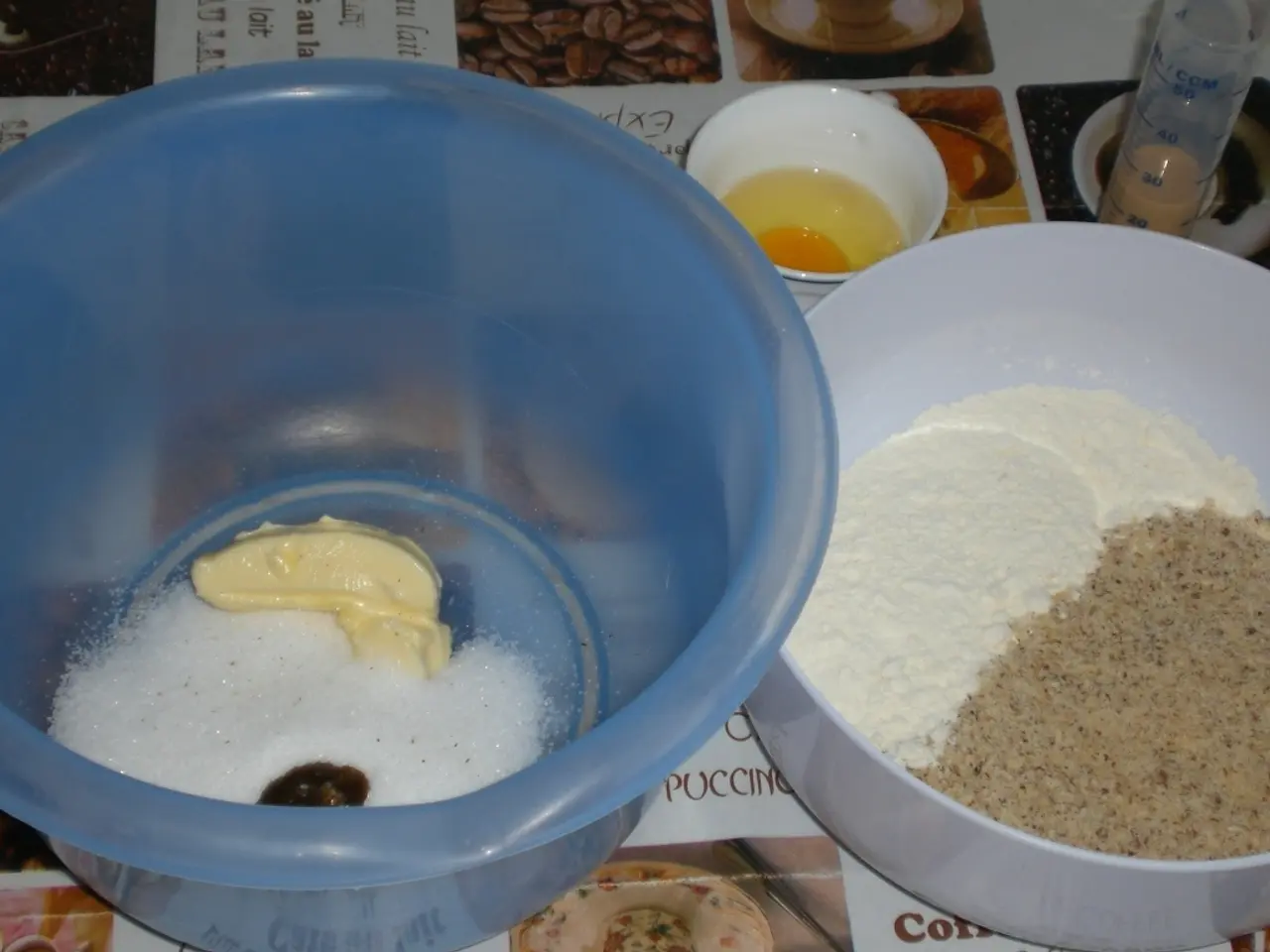Compound in Cruciferous Vegetables Slows Progression of Fatty Liver Disease
The Liver: An Often Overlooked Essential Organ
While the heart's crucial role in human survival is widely understood, the liver tends to receive less attention. However, the liver plays a vital role in detoxifying the body, filtering blood, and producing bile necessary for digesting fats.
It processes and eliminates a variety of toxic substances, such as food additives, household chemicals, environmental pollutants, medications, alcohol, and drugs. When the liver's processing capacity is overwhelmed, conditions like non-alcoholic fatty liver disease (NAFLD) and non-alcoholic steatohepatitis (NASH) can develop.
NAFLD is a prevalent condition that often progresses quietly, causing concern due to its potential advancement to NASH, which can lead to cirrhosis, end-stage liver disease, or liver cancer. Furthermore, NASH increases the risk of heart disease.
Researchers are puzzled by the disparity between individuals with NAFLD who live relatively healthily and those who suffer severe liver disease. A recent study conducted by the Biomedicine Discovery Institute at Monash University in Australia suggests that the protein NOX4 may hold the secret.
NOX4 plays a significant role in controlling genes that influence changes in various organs. In the liver, NOX4 initializes a protective mechanism when fat begins to accumulate. However, as the disease progresses and NOX4 levels decrease, this protective mechanism is disrupted, allowing the transition from NAFLD to NASH.
The study underlines the importance of understanding the role of NOX4 in liver health and exploring natural compounds that can influence its activity. Foods like broccoli, cauliflower, Brussels sprouts, kale, and other cruciferous vegetables are rich in compounds that may bolster NOX4 activity, thus potentially countering the development of NASH and improving overall health.
Regular exercise has also been shown to prevent or slow the progression of liver disease by preventing metabolic syndrome, a cluster of conditions that increase the risk of heart disease, diabetes, and NAFLD. The protective effects of exercise on the liver may be linked to rising NOX4 levels in skeletal and heart muscle.
In conclusion, protecting the liver from the progression of NAFLD to NASH involves a combination of lifestyle modifications, such as a healthy diet and regular exercise. By focusing on overall liver health, individuals can indirectly modulate NOX4 activity and potentially mitigate the risks associated with fatty liver disease.
Sources:
- "Key to fatty liver disease and its consequences for billions of people" - Eureka Alert
- "Mitochondrial- and NOX4-dependent antioxidant defence mitigates progression to non-alcoholic steatohepatitis in obesity" - Journal of Clinical Investigation
- "Improvement in histological endpoints of MAFLD following a 12-week aerobic exercise intervention" - Alimentary Pharmacology and Therapeutics
- 'Science' has shed light on the importance of NOX4, a protein that potentially holds the key to understanding the progression of non-alcoholic fatty liver disease (NAFLD) and non-alcoholic steatohepatitis (NASH), two chronic medical-conditions that affect liver health, especially when it comes to the liver's detoxification processes.
- A balanced 'diet' rich in cruciferous vegetables like broccoli, cauliflower, Brussels sprouts, kale, and others, which contain compounds that may boost NOX4 activity, could be an essential part of a liver-healthfocused 'fitness-and-exercise' and 'nutrition' plan, helping to minimize the risk of developing NASH and maintaining overall health.
- Regular 'exercise' has been proven effective in preventing or slowing the progression of liver diseases by reducing the risk of metabolic syndrome, a group of conditions associated with numerous health issues, including NAFLD, and by raising NOX4 levels in skeletal and heart muscle, potentially providing protective effects on the liver.







